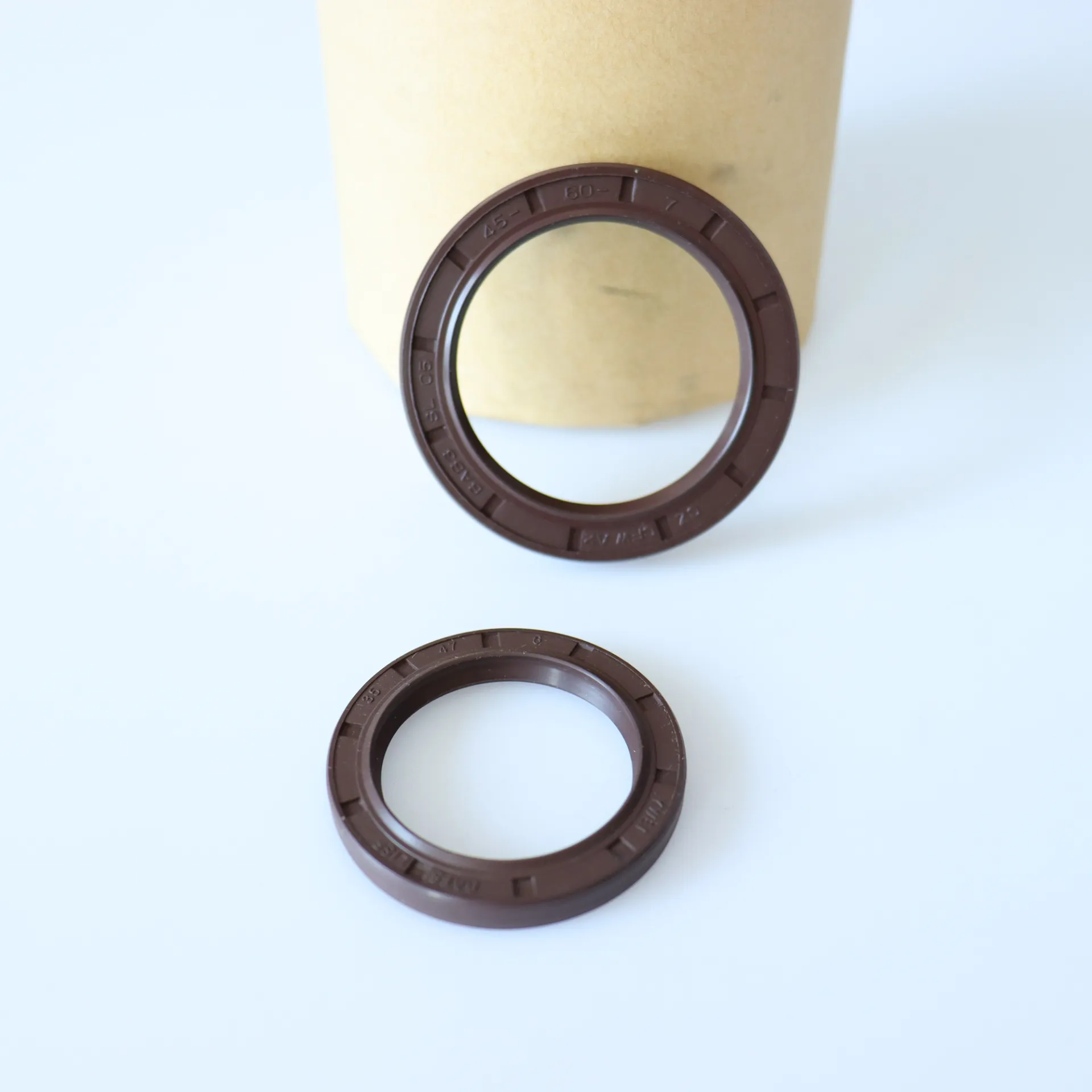Dec . 27, 2024 23:22 Back to list
axle hub seal
Understanding Axle Hub Seals Critical Components for Vehicle Performance
Axle hub seals play a vital role in the functionality and longevity of vehicles, serving as protective barriers that prevent contaminants from entering the wheel hub assembly while retaining essential lubricants. These seals are crucial for maintaining the integrity of the axle, ensuring smooth operation and reducing the risk of premature wear. Understanding their design, function, and maintenance can help vehicle owners make informed decisions regarding their vehicles.
The Function of Axle Hub Seals
Axle hub seals, often made from durable materials such as rubber or synthetic elastomers, are located at the junction where the axle and wheel hub meet. Their primary function is to seal the lubrication within the hub, preventing grease or oil from leaking out. This lubrication is essential for the smooth functioning of bearings and other moving parts, reducing friction and heat generation during operation.
Moreover, these seals protect the internal components of the axle from external contaminants such as dirt, dust, water, and road debris. Without effective sealing, these contaminants can enter the hub assembly, leading to corrosion, rust, and ultimately, mechanical failure. As a result, axle hub seals are critical for ensuring optimal vehicle performance and safety.
Types of Axle Hub Seals
There are various types of axle hub seals designed to meet the specific needs of different vehicles and applications. The most common types include
1. Single Lip Seals These seals feature a single sealing lip that provides a barrier against contaminants. They are typically used in lighter-duty vehicles and applications.
axle hub seal

2. Double Lip Seals These seals have two sealing lips, which provide better protection against both external dirt and internal lubrication loss. They are ideal for heavier vehicles or those operating in harsher environments.
3. Unitized Seals These are pre-assembled seal units that combine multiple sealing components into one. They are known for their ease of installation and reliability in preventing leaks.
Maintenance and Replacement
Regular maintenance of axle hub seals is crucial for vehicle health. Signs of a failing or damaged seal may include oil leaks near the hub assembly, unusual noises from the wheels, or overheating components. If any of these warning signs are present, it is important to inspect the seals and replace them if necessary.
When replacing axle hub seals, it is vital to choose high-quality products that match the specifications of the vehicle. Poor-quality seals can lead to recurrent failures, increased maintenance costs, and even safety hazards on the road. Consulting with a professional mechanic can ensure that the correct seal is selected and installed properly, thereby safeguarding the vehicle's performance.
Conclusion
In conclusion, axle hub seals are essential components that contribute significantly to the safe and efficient operation of vehicles. By understanding their purpose, types, and maintenance requirements, vehicle owners can take proactive steps to protect their investment. Regular inspections and timely replacements can prevent costly repairs and ensure that the vehicle remains in optimal condition for years to come. In the world of automotive maintenance, paying attention to seemingly small components like axle hub seals can lead to substantial benefits in vehicle performance and longevity.
-
TCN Oil Seal Metal Ring Reinforcement for Heavy Machinery
NewsJul.25,2025
-
Rotary Lip Seal Spring-Loaded Design for High-Speed Applications
NewsJul.25,2025
-
Hydraulic Cylinder Seals Polyurethane Material for High-Impact Jobs
NewsJul.25,2025
-
High Pressure Oil Seal Polyurethane Coating Wear Resistance
NewsJul.25,2025
-
Dust Proof Seal Double Lip Design for Construction Equipment
NewsJul.25,2025
-
Hub Seal Polyurethane Wear Resistance in Agricultural Vehicles
NewsJul.25,2025
-
The Trans-formative Journey of Wheel Hub Oil Seals
NewsJun.06,2025
Products categories
















